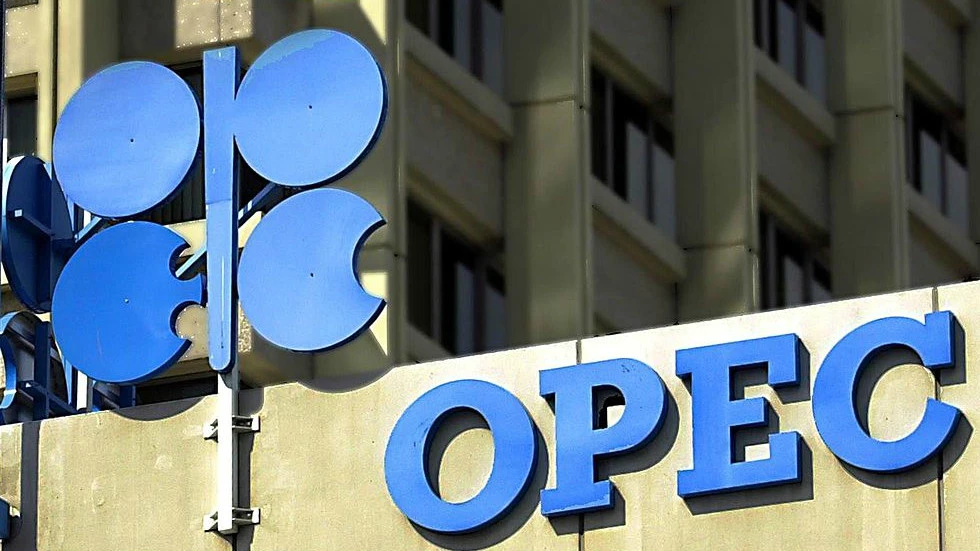As worries about the US debt ceiling agreement dampened the market’s risk-on mood and conflicting comments from big producers muddied the supply forecast ahead of their conference this weekend, oil dipped on Tuesday, giving up earlier gains.
After increasing by 0.5% earlier on Tuesday, Brent crude futures decreased by 59 cents, or 0.8%, to $76.48 a barrel by 0615 GMT.
West Texas Intermediate (WTI) crude for the United States dropped 42 cents to $72.25 per barrel, or 0.6% from its closing on Friday. Due to a U.S. federal holiday, there was no settlement on Monday.
While Democratic President Joe Biden and Republican House of Representatives Speaker Kevin McCarthy continued to be optimistic that the agreement will succeed, some hard-right Republican members stated on Monday that they might oppose a deal that would lift the debt ceiling in the United States, the country with the highest oil consumption in the world.
Over the weekend, Biden and McCarthy reached a deal on the debt, which now needs to be approved by a split U.S. Congress before June 5, when the Treasury Department predicts that the country won’t be able to pay its debts, potentially upsetting the financial system.
According to Priyanka Sachdeva, Market Analyst at Phillip Nova, “(the) conflicting statements from Republicans and lawmakers are keeping investors largely invested in the stand-off.”
The market is also being pressured by a meeting of the Organization of the Petroleum Exporting Countries (OPEC) and its allies, including Russia, on June 4; whether they will increase their supply cutbacks in the wake of a recent price decline is questionable.
According to Toshitaka Tazawa, an analyst at Fujitomi Securities Co Ltd., “Investors have shifted their attention to the outcome of the OPEC+ meeting this weekend as there have been mixed messages from major oil producers.”
Last week, Abdulaziz bin Salman, the energy minister for Saudi Arabia, advised short-sellers who were wagering that oil prices would decline to “watch out,” possibly indicating that OPEC+ would reduce output.
Thoughts from Russian oil officials and sources, such as Deputy Prime Minister Alexander Novak, suggest the third-largest oil producer in the world is inclined to maintain output.
OPEC+ reduced its oil production by an additional 1.2 million barrels per day (bpd) in April, according to calculations by Reuters, bringing the total amount of cutbacks to 3.66 million bpd.
“The market was unprepared for the April voluntary output decreases. This time, before the final choice is made public, investors are being very cautious, according to experts at Haitong Futures.
Data from China’s manufacturing and service sectors, which are due out later this week, will also be closely watched for hints about the revival of the country’s gasoline demand. China is the world’s top oil importer.

